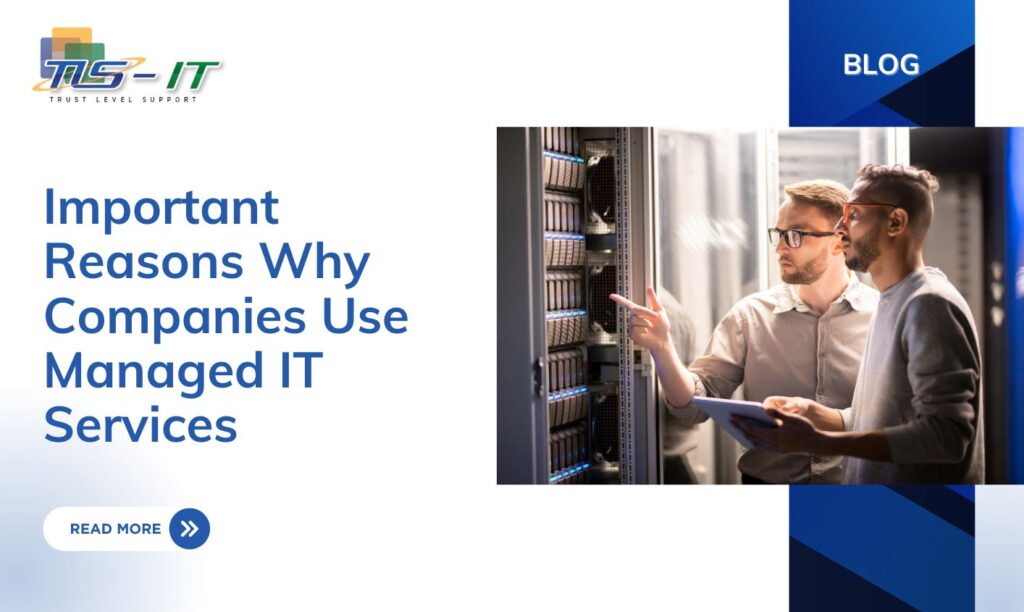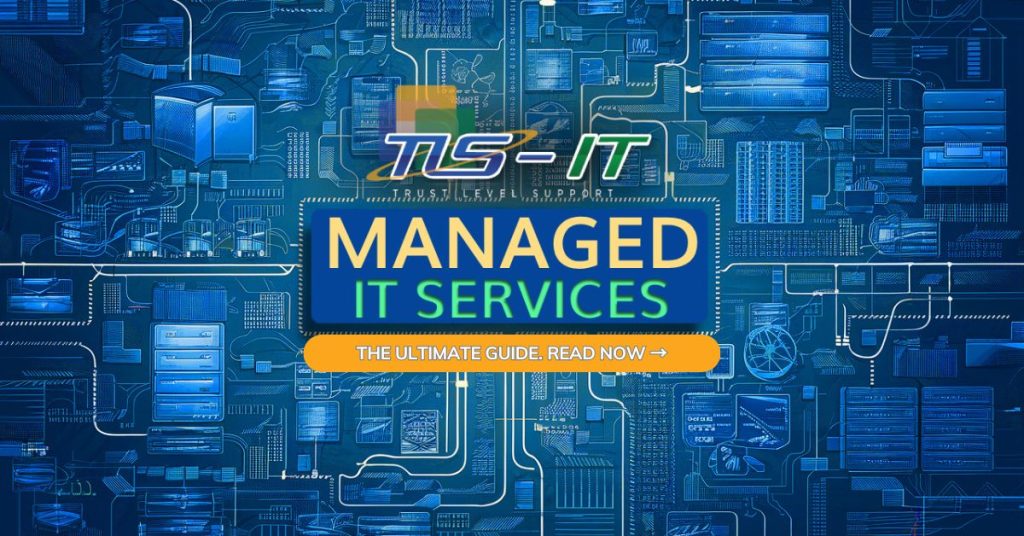Technology plays a vital role in businesses across the world, from the internet to various applications. However, when faced with an IT outage, businesses can come to a standstill, risking customer service, sales processes, and overall operations. Such disruptions can last for days, causing significant financial losses. While technology is indispensable for running a company, it also poses significant risks if disaster strikes.
The day-to-day impact of a technology outage, such as losing access to essential tools like Microsoft 365, can have severe financial implications. Research indicates that downtime costs businesses depending their sizes between $145,000 to $450,000* per hour. These statistics do not even consider the potential devastation caused by natural disasters, which can amplify the impact of IT outages.
Although IT outages cannot be completely eradicated, many businesses have found that partnering with reputable managed IT services providers (MSPs) significantly reduces both the frequency and impact of such incidents. By adopting a proactive approach to IT network management, supported by highly effective remote monitoring and management, MSPs help businesses in the UAE minimize the risk of widespread technology outages.
Understanding the Importance of Managed Services with TLS-IT
Managed services are crucial for businesses today. By taking a proactive approach to IT networks, supported by highly effective remote monitoring and management, Managed Service Providers (MSPs) help businesses significantly reduce the chances of widespread technology outages. Learn more about why managed services make a difference for your business today.
Why Use Managed IT Services?
Before deciding to work with a managed IT services provider, it is essential to understand the benefits they offer for your organization. Let’s discuss several reasons why managed IT services are so useful in turning technology into a tool rather than a distraction in your organization.
Access Remote Network Monitoring and Proactive Maintenance
Preventing technology outages is a top priority for most business leaders. MSPs offer proactive maintenance, IT health checks, remote monitoring and management, and aggressive patch management to address potential issues before they escalate into significant problems. This proactive approach reduces downtime and enhances the experience for both employees and customers.
Cost-Savings are a Top Reason Why Managed Services are Popular
The managed services model brings predictability to your company’s operating budget with stable, fixed monthly costs. Compared to hiring in-house staff or utilizing the break-fix model for IT support, MSPs deliver significant cost savings. Hiring a full-time IT specialist can cost significantly more than the average cost of managed IT services, which is about ADE 146916 a year in the UAE.
Getting the Support Services You Need is a Key Benefit of Managed Services
Managed services offer reliable support services when tech glitches happen, governed by service level agreements outlined in your contract. This reduces the impact and duration of IT outages. MSPs use modern ticketing systems and evaluation processes to prioritize help desk requests, ensuring faster resolution, even during crises.
The Importance of Managed Services for Business Continuity
Managed services providers offer expertise in cloud-based and hybrid backup and disaster recovery solutions, cybersecurity, and other services that ensure business continuity. With experience across diverse network environments, Managed Service Providers (MSPs) provide services tailored to any business’s needs, from cutting-edge cloud computing solutions for enterprises to affordable services for smaller companies.
In conclusion, managed IT services play a vital role in minimizing the impact of IT outages on businesses in the UAE. By partnering with a reputable MSP, businesses can proactively manage their IT networks, reduce downtime, and ensure business continuity, ultimately driving growth and success.



